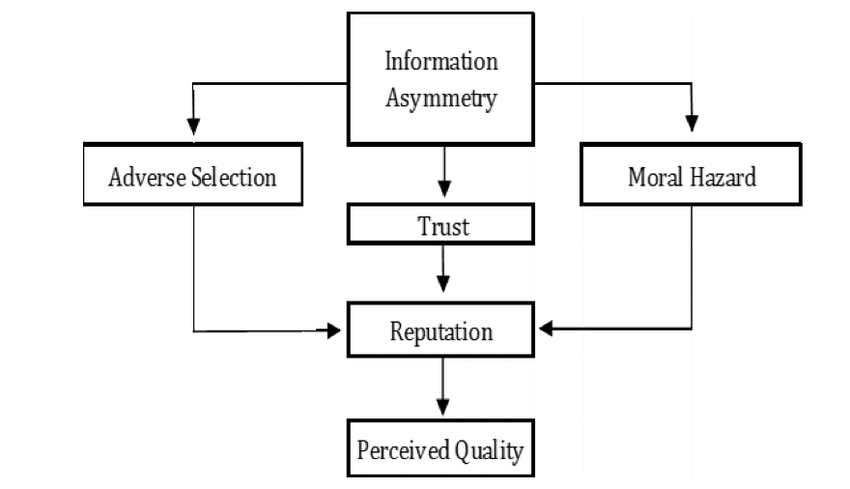The financial failure of a company can have a devastating effect on all seven users of financial statements e.g. present and potential investors, customers, creditors, employees, lenders, the general public, etc. As a result, users of financial statements as indicated previously are interested in predicting not only whether a company will fail, but also when it will fail e.g. to avoid high profile corporate failures at Enron, Arthur Anderson, and WorldCom, etc. Users of financial statements can predict the financial position of an organization using the Altman Z score model, Argenti A score model, and by looking at the financial statements i.e.… Read the rest
International Economics
The SCP Paradigm – Structure drives Conduct which drives Performance
The SCP paradigm assumes that the market structure determines the conduct of the organization. This conduct, in turn, is the determinant of market performance. Examples of market performance include efficiency, profitability and growth. The Structure Conduct Performance Framework seeks to establish that certain structures of the industry can lead to certain kinds of conduct or behavior which then leads to various types of economic performance. The SCP paradigm was developed through evaluation of empirical studies involving American industries. Theoretical models were not used to support the paradigm. The conclusion that was drawn from empirical studies was that market structure determined performance.… Read the rest
What is a Circular Economy?
The term circular economy (CE) has both a linguistic and descriptive meaning. Linguistically it is an antonym of a linear economy. A linear economy is one defined as converting natural resources into waste, via production. Such production of waste leads to the deterioration of the environment in two ways: by the removal of natural capital from the environment (through mining/unsustainable harvesting) and by the reduction of the value of natural capital caused by pollution from waste. And the word circular has a second, inferred, descriptive meaning, which relates to the concept of the cycle. There are two cycles of particular importance here: the biogeochemical cycles and the idea of recycling of products.… Read the rest
The Lemon Market Theory
The Lemon Market Theory (LMT) explained by Nobel Prize winner George A. Akerlof in 1970 in his seminal paper, “The Market for Lemons: Quality Uncertainty and the Market Mechanism” describes how markets that sell good products is never identified because of poor quality supplying markets, as sellers of the poor quality products are provided incentives to sell their products. Incentives such as guarantees, warranties and brand names oppose the quality uncertainty issue. The Lemon Market Theory also focuses on the information asymmetry or unbalanced information between the buyer and seller, where the entire set of sellers take the credit for the quality of the product or service rather than granting the individual quality reward to the appropriate seller who provides the good quality ones.… Read the rest
International Trade and Investment
Today, business is acknowledged to be international and there is a general expectation that this will continue for the foreseeable future. International business may be defined simply as business transactions that take place across national borders. This broad definition includes the very small firm that exports (or imports) a small quantity to only one country, as well as the very large global firm with integrated operations and strategic alliances around the world. Within this broad array, distinctions are often made among different types of international firms, and these distinctions are helpful in understanding a firm’s strategy, organization, and functional decisions (for example, its financial, administrative, marketing, human resource, or operations decisions).… Read the rest
The Advantages and Disadvantages of Globalization
Globalization has become a hot-debated issue in the last ten to twenty years. Globalization is affecting the world from different perspectives, such as political perspective, economic perspective, and cultural perspective. Currently, whether globalization can bring more positive effects or negative effects to the modern world is still open to debate. Different scholars around the world hold distinctive views regarding the definition of globalization, but in this article, the following two definitions are used. Globalization refers to the creation and intensification of global linkages. In addition, globalization also refers to the compression of the world and the intensification of consciousness of the world as a whole.… Read the rest




